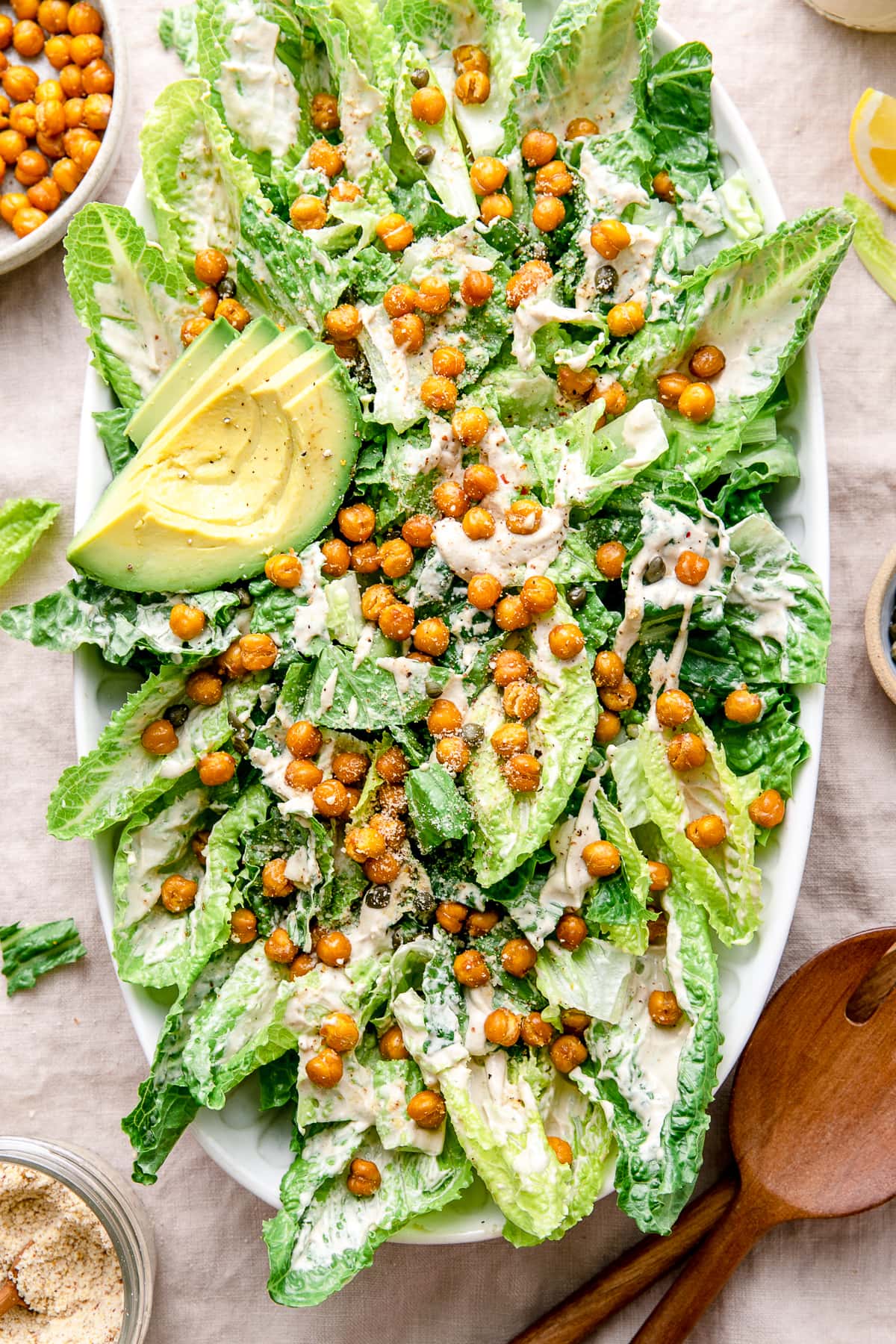
worcestershire
Vegan recipes with worcestershire! Find a variety of healthy, whole food, plant based recipes using this flavorful, umami ingredient!
Never miss a recipe! Subscribe
Vegan recipes with worcestershire! Find a variety of healthy, whole food, plant based recipes using this flavorful, umami ingredient!